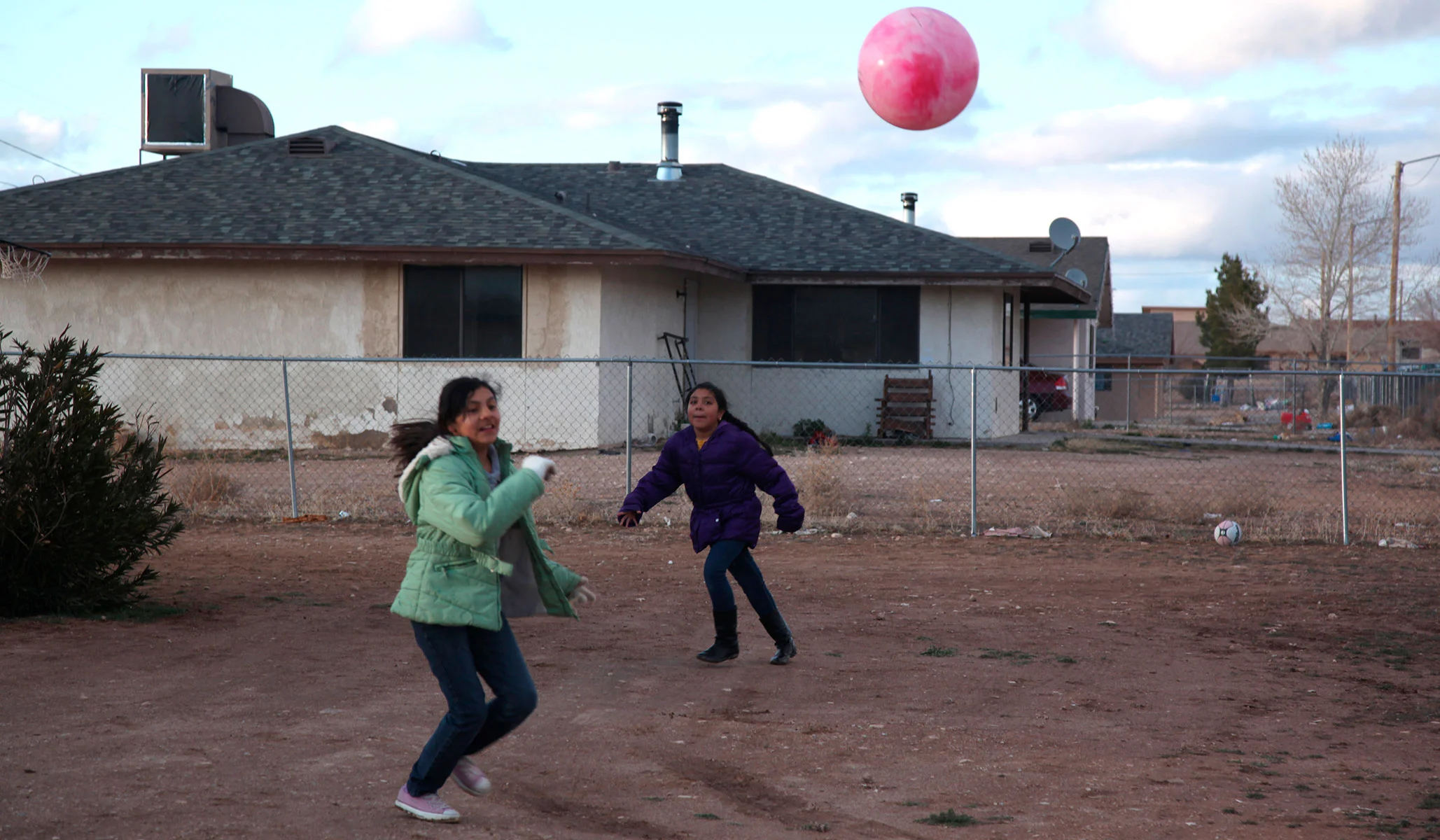The United States has been accused of prioritizing generic Indian culture over the welfare of individual children who find their way into the foster-care system. This is due to a four-decades-old law that essentially treats Indian children in foster care as second-class citizens. The Supreme Court had the opportunity to help these vulnerable children in Haaland v. Brackeen, but it refused. The lead plaintiffs in the case were a non-Indian couple who took in a child with drugs in his system when he was born. Neglect led to the child’s removal from his biological parents, and after a year, parental rights were severed. As is typical in foster care, a family member who is willing to take the child is sought. If one is not found, another tribe member should be found when the child is an Indian, according to the 1978 Indian Child Welfare Act. If a member of the tribe can’t be found, another Indian will do, with no concern for the child’s flourishing in the foster family to which he has become accustomed.
The child was going to be taken from the non-Indian family who had become his family and given to a Navajo couple in Albuquerque after spending two hours with them — even though every adult who was paying attention knew that the child would be best off if he remained with the non-Indian family. The Indian family ultimately decided not to adopt him, and the tribal officials gave up their objections to his adoption by the non-Indian family. However, the Indian Child Welfare Act allows an Indian child to be taken from non-Indian parents two years after an adoption if an Indian family decides they want the child. This is cruelty to a child.
Naomi Schaefer Riley has explained that the Indian Child Welfare Act was originally intended to prevent social workers from removing Indian children from their parents and placing them with white families simply because of poverty or bigotry. Over time, however, the ICWA has created a separate and unequal child welfare system. In effect, Indian foster children may be adopted only by other Indians, regardless of whether they live on a reservation, regardless of much or how little of their DNA is Native American, and even regardless of their biological parents’ wishes.
Justice Samuel Alito wrote in his dissent to the majority’s opinion that the Indian Child Welfare Act requires a state to abandon the carefully considered judicial procedures and standards it has established to provide for a child’s welfare and instead apply a scheme devised by Congress that focuses not solely on the best interest of the child, but also on “the stability and security of Indian tribes.”
Indian children deserve better than the misnamed Indian Child Welfare Act. Thousands of children have been subject to needless and preventable abuse and neglect that would never be allowed for white, Black, Hispanic, or Asian children. Indian children have been forced to stay in foster care for years on end, longer than children of any other race, despite the availability of safe, loving families willing to adopt them. One can only hope that the majority’s decision to leave the door open to future constitutional challenges means that someday Indian children will no longer be treated as second-class citizens.

